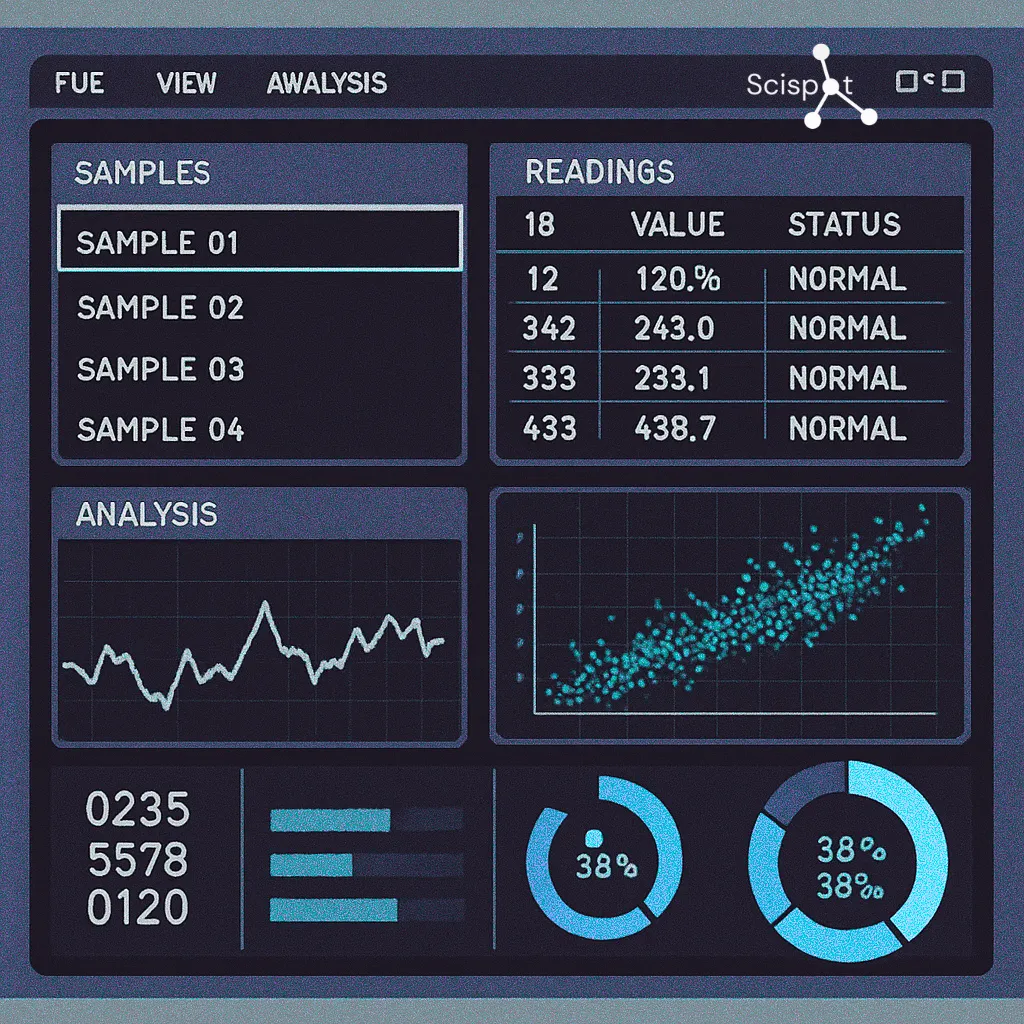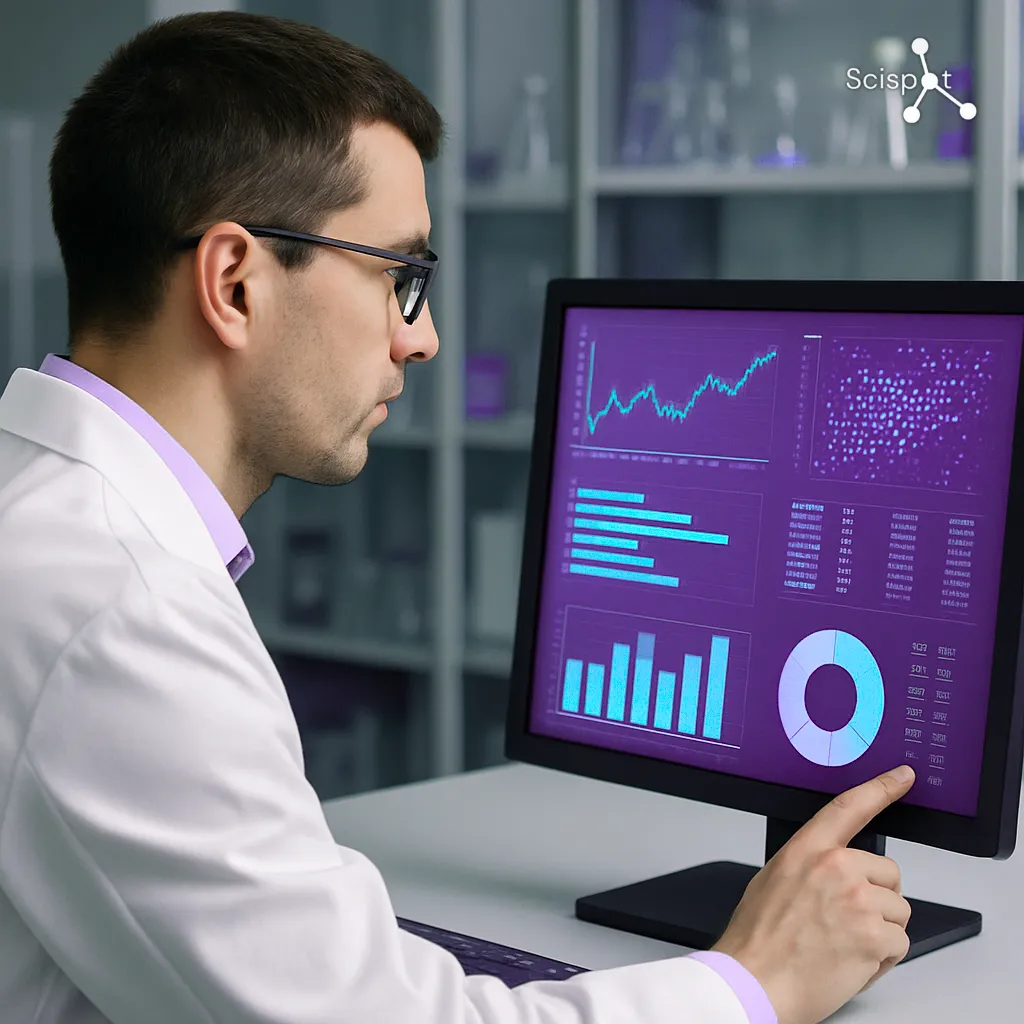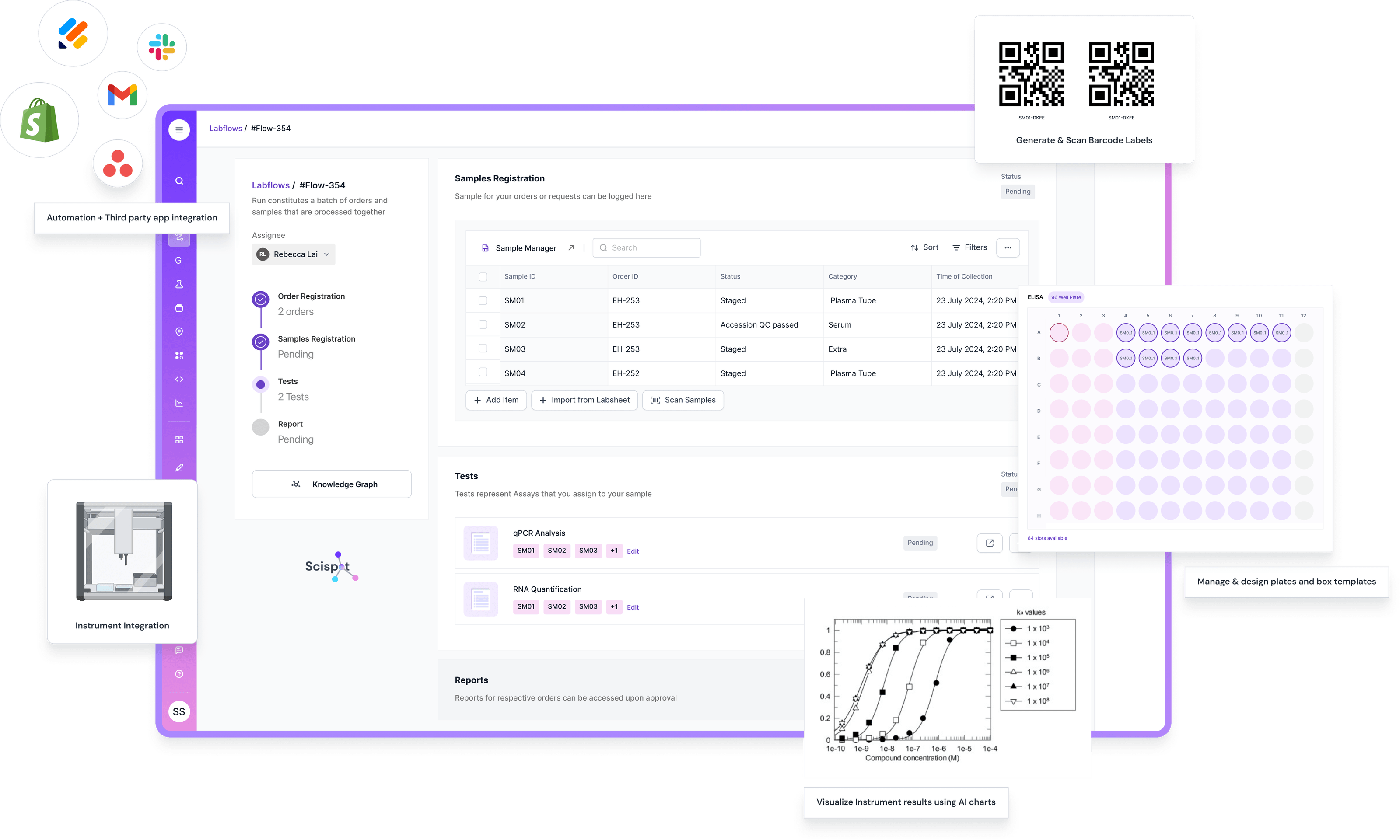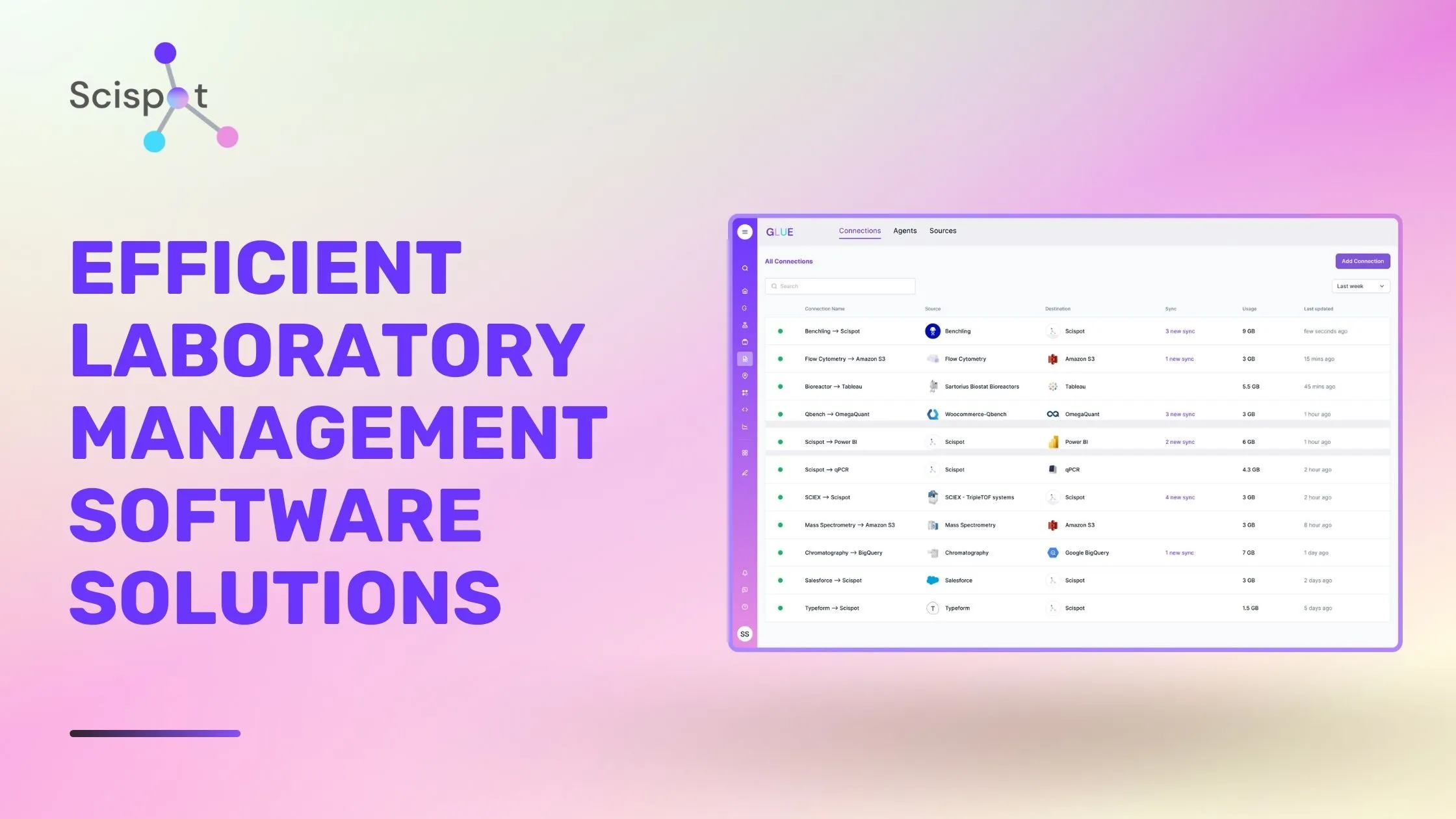Laboratory Management Software
In today's fast-paced scientific world, laboratories need efficient solutions to manage vast amounts of data and streamline their operations. Laboratory management software has become an indispensable tool for labs worldwide. This software helps laboratories organize, track, and manage all aspects of their daily operations, from sample management to compliance and inventory control. In this article, we will delve into what laboratory management software is, its benefits, and how it can transform your lab operations.

Laboratory management software, often referred to as a Laboratory Information Management System (LIMS), is a software solution designed to support laboratory operations. It handles various functions such as managing samples, tracking data, and maintaining compliance with industry regulations. By automating these processes, laboratories can operate more efficiently and with greater accuracy.
Key Features of Laboratory Management Software
Lab Data Management
One of the primary functions of lab management software is data management. This feature allows labs to store, retrieve, and analyze large volumes of data quickly and efficiently. With lab data management, you can reduce errors, save time, and improve the reliability of your results.
Laboratory Sample Management Software
Sample management is critical in any lab setting. Laboratory sample management software helps track samples from collection to analysis, ensuring that all information is accurately recorded and easily accessible. This software prevents sample mix-ups and loss, safeguarding the integrity of your research.
Benefits of Using Laboratory Management Software

Improved Efficiency
Laboratory management systems streamline workflows, reducing the time spent on administrative tasks. By automating processes, labs can focus on what truly matters—scientific research and discovery. This increased efficiency leads to faster results and more productive lab operations.
Enhanced Accuracy
Manual data entry and sample tracking are prone to human error. Laboratory management tools minimize these errors by automating data collection and sample tracking. This results in more accurate data and reliable outcomes.
Better Compliance
Compliance with industry standards and regulations is crucial for any laboratory. Lab compliance software ensures that your lab adheres to the necessary guidelines, reducing the risk of non-compliance. This software keeps your lab audit-ready at all times.
Scispot: One LabOS for LIMS + ELN + SDMS + Inventory, with 200+ integrations and GxP audit trails
Scispot brings all the strengths of modern laboratory management software into one unified system, making it a top choice for labs aiming to simplify complex workflows. It combines ELN, LIMS, SDMS, and inventory tools into a single environment, so teams can log samples, track experiments, manage instruments, and maintain compliance without switching between apps. This centralization reduces friction across R&D, diagnostics, QC, and biobanking workflows, giving scientists and managers real-time clarity on every sample and dataset.
Where most systems stop at basic tracking, Scispot goes further by linking sample metadata, assay steps, and instrument results automatically. CSVs, Excel files, and raw outputs map directly to the right sample IDs, removing manual work and preventing mismatched data—one of the biggest pain points in labs today. The platform’s built-in audit trails, role-based access, and GxP-ready workflows keep labs compliant without adding extra burden to the team.
Scispot also excels in integration. Whether you need to connect qPCR instruments, HPLC, balances, imaging systems, or cloud databases, Scispot’s GLUE framework makes the data flow seamless. Labs can scale from simple tracking to fully automated, AI-powered operations, making Scispot not only a management tool but a future-ready digital backbone for scientific work.

Types of Laboratory Management Software
Free Laboratory Inventory Management Software
For labs on a tight budget, free laboratory inventory management software can be an excellent option. These tools help manage lab inventory without the cost associated with premium software solutions. While they may lack some advanced features, they provide basic inventory tracking capabilities.
Computer Laboratory Management Software
Computer labs have unique needs, and computer laboratory management software caters specifically to these environments. This software manages computer resources, user access, and system maintenance, ensuring smooth operation of computer labs.
Lab Workflow Software
Lab workflow software optimizes laboratory processes by providing a structured framework for task management. This software helps labs coordinate activities, manage resources, and maintain consistent workflows.
How to Choose the Right Laboratory Management Software

Assess Your Lab's Needs
Before selecting a laboratory management system, it's crucial to understand your lab's specific needs. Consider the size of your lab, the type of research conducted, and the regulatory requirements you must adhere to. This assessment will help you choose a system that aligns with your lab's goals.
Evaluate Features
Different laboratory software solutions offer varying features. Evaluate which features are essential for your lab's operation. For instance, if you handle a large number of samples, prioritize robust sample management capabilities. If compliance is a primary concern, choose software with strong regulatory support.
Consider Integration
Your chosen lab management system should integrate seamlessly with existing tools and software in your lab. This ensures a smooth transition and prevents disruptions in lab operations. Look for software that offers API support or is compatible with your current systems.
Implementing Laboratory Management Software

Training and Support
Implementing a new lab management system requires proper training and support for your team. Ensure that the software provider offers comprehensive training resources and ongoing support to address any issues that may arise.
Data Migration
Migrating existing data to a new lab management system can be a complex process. Work with your software provider to ensure a smooth transition and minimize data loss. Proper data migration ensures that your lab can continue its operations without interruptions.
Monitor and Optimize
Once your laboratory management software is in place, continuously monitor its performance and gather feedback from your team. Use this information to optimize the system and ensure it meets your lab's evolving needs.
Conclusion
Laboratory management software works best when it becomes your lab’s “single source of truth,” not another tab to juggle. If you want one system that combines no-code lab databases (Labsheets), LIMS controls, SDMS data capture, and real integration depth (GLUE supports 200+ lab instruments and Scispot lists 100+ third-party app connections), Scispot stands out because it pairs automation with built-in audit trails, role-based access, and 21 CFR Part 11 e-signatures for regulated work.





.webp)
.webp)
.webp)



